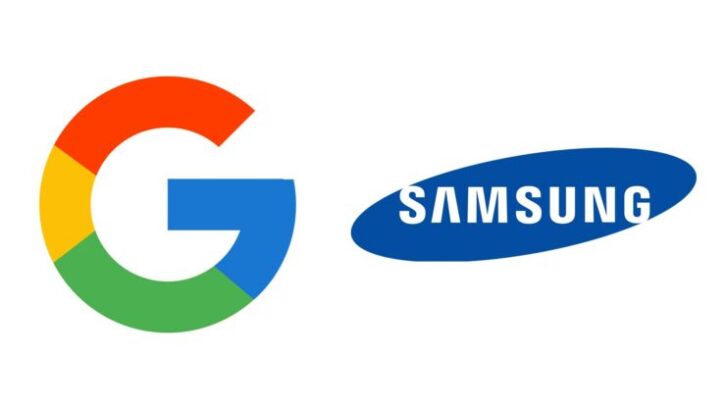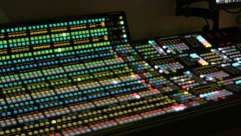
Since canceling their development of AR hardware, Google is reportedly entering into a partnership with Samsung to develop an AR headset to compete with Apple’s Vision Pro. As we previously reported, Google has decided to forgo any further development on AR hardware, instead focusing on software, with the hopes of developing a universal platform for AR devices.
Earlier this year, Google, Samsung, and Qualcomm announced a partnership to develop an AR platform, with Qualcomm’s Cristiano Amon stating, “We are working to create a new era of highly immersive digital experiences that blur the line between our physical and digital worlds. With our Snapdragon XR tech, Samsung’s amazing products, and Google experiences we have the foundation to make this opportunity a reality.”
Ars Technica reports that the companies are targeting a summer 2024 launch, though they note that “some employees are skeptical [that] will be enough time to launch a product that will wow the public.” As far as the actual design of the device, the report states that Samsung is looking to “build a headset device similar to Apple’s Vision Pro.” This is no surprise, as the Apple Vision Pro has become the most buzzworthy AR device ever, lapping Google and Samsung, who have tinkered in the AR space for over a decade.
The codename for the project is “Moohan,” and will predictably run on Android.
The following was originally published June 30, 2023:
Just a year after they released a captivating video showcasing potential use cases for upcoming AR glasses technology, Google has reportedly pulled the plug on AR hardware.
Earlier this year we reported that Google had axed its Google Glass program, which had recently been re-launched with a focus on enterprise applications. At the time, it was understood that the company had other AR hardware projects in the works, most notably in the form of “Project Iris.” According to a report by The Verge, Project Iris was an AR glasses prototype that featured external cameras and a wireless interface.
According to a new report from Business Insider, Google has cancelled all AR hardware projects, instead shifting focus to developing AR software. One employee told Business Insider that the company is aiming to build an all-inclusive software platform for the technology, something like “Android for AR.”
“Insiders say Google leaders kept changing the strategy for Iris, which led to the team continually pivoting direction, frustrating many employees,” Insider reported. The report cites the project being cancelled after a series of layoffs and restructuring of the company.
See also: Meta reportedly pursuing partnership with Magic Leap









